Our industries
SupplHi operates by B2B verticals with Buyer organizations of all types – End Users, EPC Contractors, OEM Manufacturers, Service Providers – that are partially sharing the same needs and vendor base. Vendor Management allows to avoid sub-performing vendors, to deal only with compliant and sustainable counterparts and to support the continuously evolving business needs.
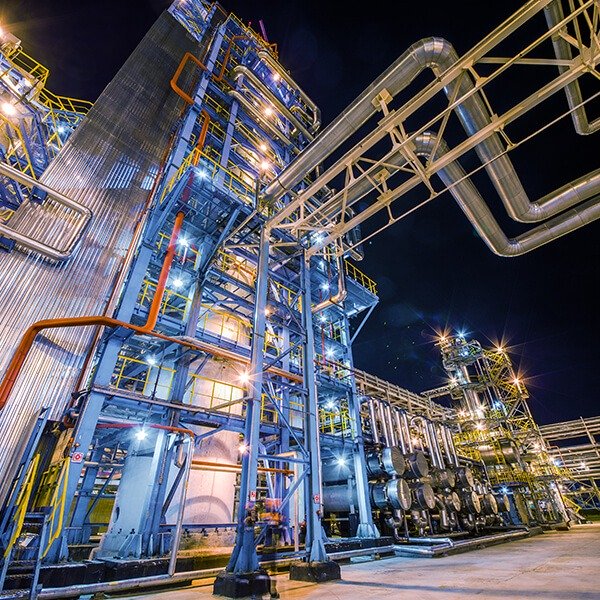
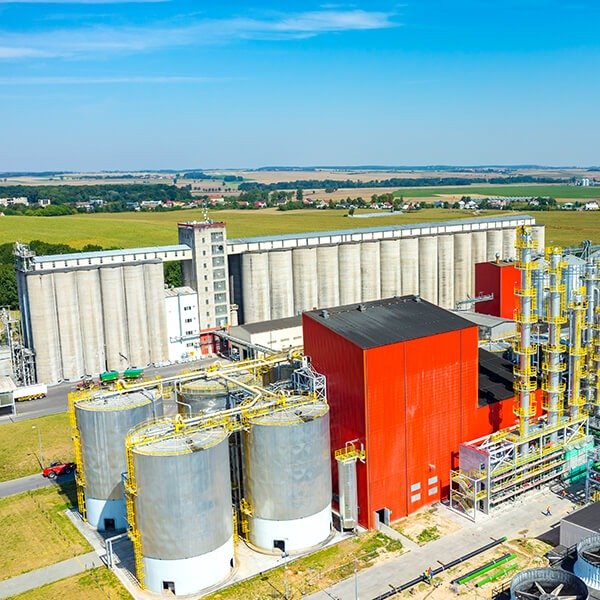



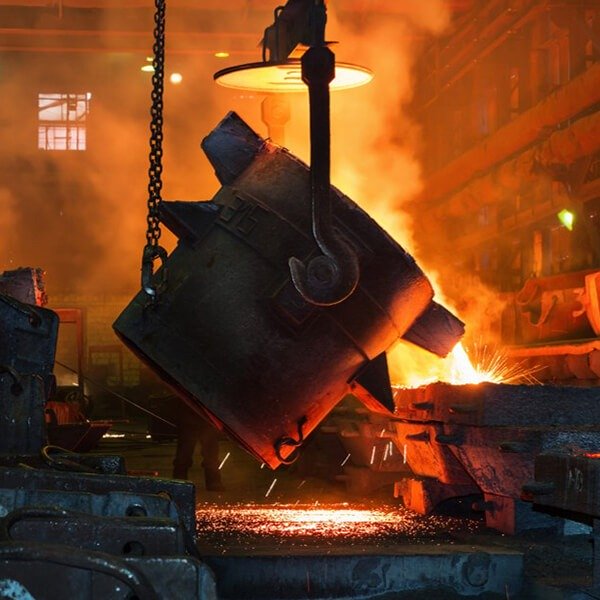

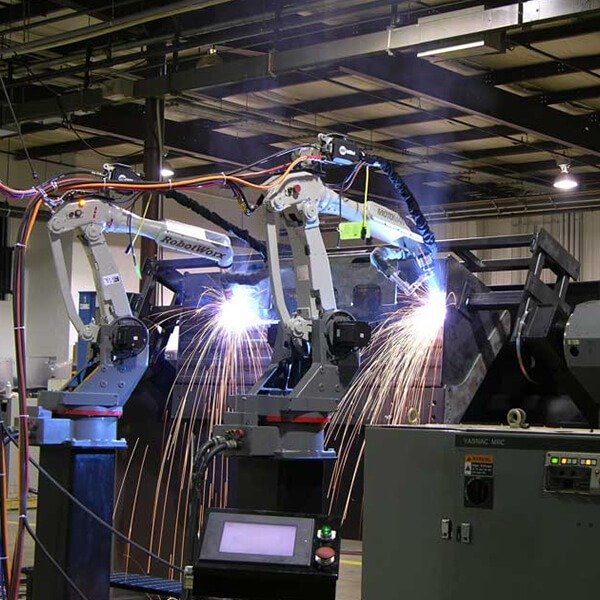
A Standard Vendor Management Model for industrial B2B
10 industry trends, 1 single platform to manage your Vendor base
SupplHi is designed around the business needs and constantly updated to support the main trends in B2B industrial Supply Chains:

Decarbonization
Focus on Carbon removal and Carbon avoidance to reduce CO2 global emissions from the combustion of coal, gas, oil and other fuels.
SupplHi is developing a Carbon Footprint measurement methodology that identifies actions to reduce the footprint of the entire supply chain, including a CO2 Estimation Engine for the carbon footprint of each production line.

CAPEX Challenge
Costs in the industry to remain under control also after COVID-19, efficiency is a must.
SupplHi allows to reduce costs across the entire supply chain, by improving transparency and providing Buyers with more opportunities for a better sourcing.
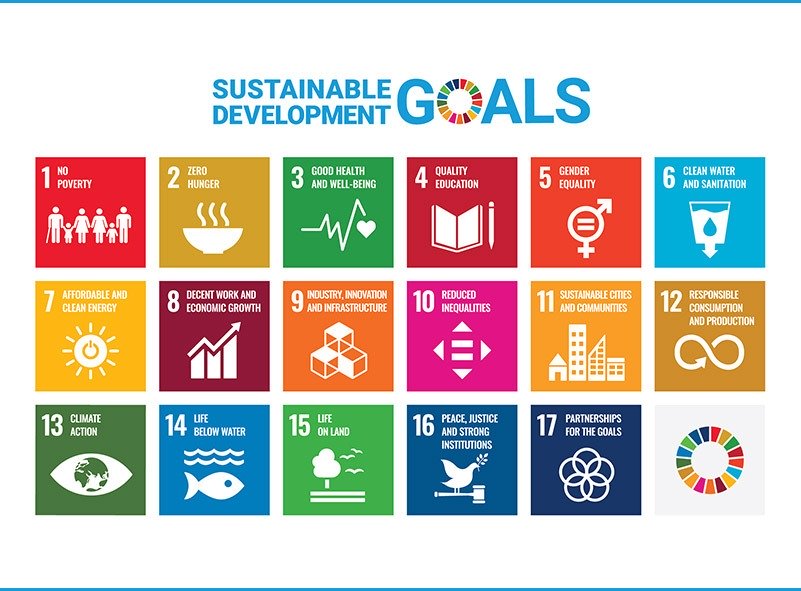
Sustainability
Environment, Social, Governance (ESG) principles, practices, standards, metrics and requirements are becoming an award factor in tenders.
SupplHi developed a ESG sustainability assessment system for industrial supply chains, focusing on improvement actions and Green Procurement.

Green & Circular Economy
Green industry is creating new opportunities (Hydrogen, …), including the infrastructure required to support the “core”.
SupplHi allows to scout for the most advanced providers of the “green” equipment and services: CO2 Capture systems, water treatment packages, environmental monitoring, EPD, LCA, Carbon Offset Management, …

In Country Value
Local supply chain are growing in number and competences, making Contractors win or lose contracts.
SupplHi provides access to information about the local supply chains in all emerging countries, including where Local Content programs are in place (UAE, KSA, Russia, …).
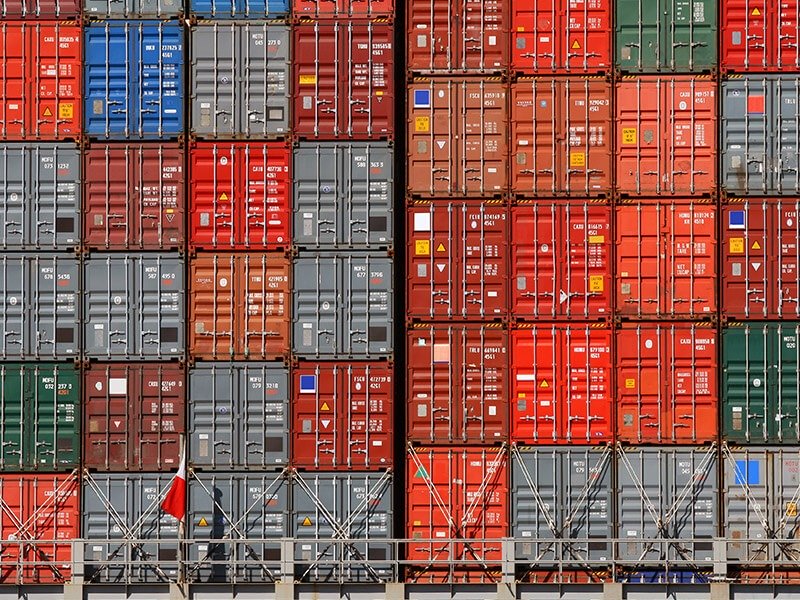
Standardization
Standardization of industrial equipment is inevitable and fast adopters will be the ones benefiting the most.
The SupplHi Standard Categorization provides a stimulus to the industry to reduce complexity in taxonomy.

Digital Transformation
All largest players have Digital Transformation Programs in place, looking for innovation and improvements to their operations.
SupplHi SaaS provides speed of interface among functions, cost savings on selected activities and more Compliance to all Vendor Management processes.

Project Management
Decisions are moving faster and execution is even more decentralized and with larger use of outsourcing.
SupplHi provides the Project Manager with multiple managerial dashboards for the monitoring of the Performance and Compliance of its Vendors.

New Talents
Generation Z will be looking for businesses with a purpose – other than making money – and international exposure.
SupplHi is innovating in traditional industries, attracting younger professional through a easy-to-use and truly international system.

Political relevance
Industrial B2B covers a big portion of global GDP, without proper visibility on its role on the social and economic development.
SupplHi collaborates with Clients, industry Associations and Export Credit Agencies (ECA) to increase the visibility on the relevance of the industrial supply chains.

